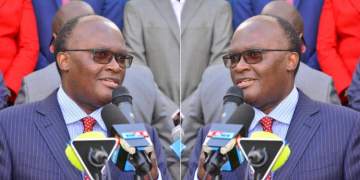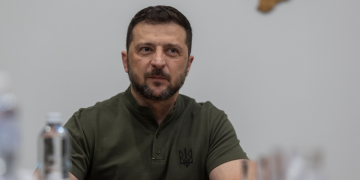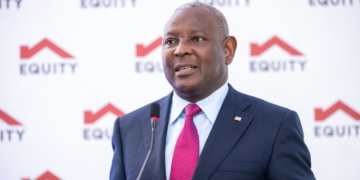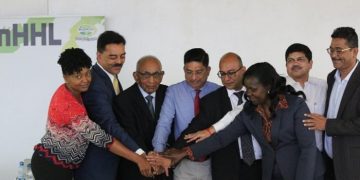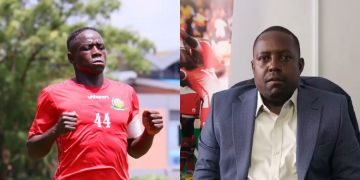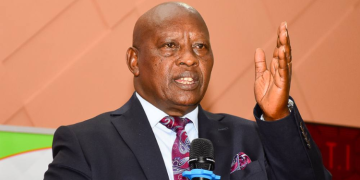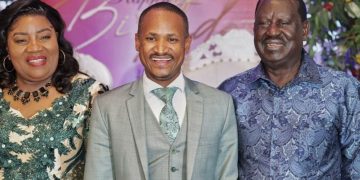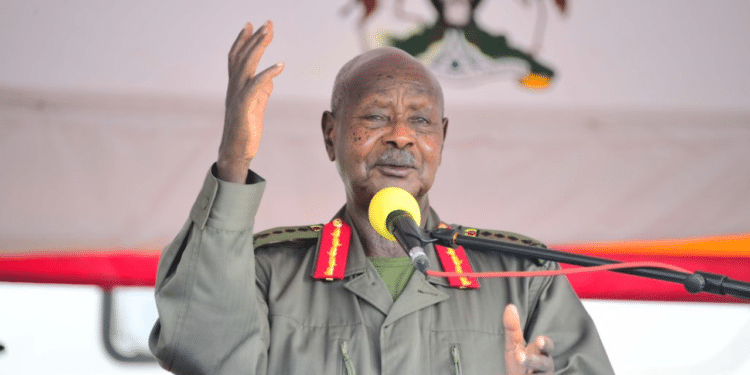On January 29, 1986, Yoweri Kaguta Museveni became the President of Uganda after a five-year struggle.
He fought against the Ugandan Government led by Milton Obote, forming a rebel group called the National Resistance Movement and National Resistance Army (NRM/NRA). Museveni opposed what he viewed as the tyranny of past regimes.
After capturing Kampala, he declared himself president and built a broad-based government uniting various political groups.
Previously, Museveni had participated in the anti-Amin resistance from 1971 to 1979, which led to the fall of President Idi Amin. After Amin’s coup in 1971, Museveni helped form FRONASA (the Front for National Salvation), which played a crucial role in ousting Amin’s regime with the help of the Tanzanian People’s Defence Forces in April 1979.
Museveni Becomes Uganda’s President
Following Amin’s ouster, Uganda held its first elections in 1980. Museveni ran for president as the leader of the Uganda Patriotic Movement (UPM). The UPM did not win, and Museveni accused Obote of rigging the elections.
Also Read: Today in History: Govt Security Operation in Wajir Leads to Wagalla Massacre
He believed Obote was an illegitimate president and went on to launch a guerrilla struggle on February 6, 1981, where he opposed Obote’s government in the bush. Museveni organized the National Resistance Army to oppose Obote’s undemocratic actions.
His efforts put significant pressure on Obote’s government. From 1981 to 1985, the NRA fought a long war in the “Luweero Triangle,” weakening Obote’s regime and causing it to lose support. The abuse by Obote’s army led to heavy losses and pushed his government to seek peace talks.
Obote Agrees to Hold Peace Talks with Rebel Leaders Spearheaded by President Moi
In 1985, Obote’s government started negotiations with Museveni and other rebels, mediated by Kenya’s President Daniel Arap Moi. These talks failed but showed the NRA’s impact.
Soon after, Obote was removed from power in a military coup led by Tito Okello, allowing Museveni to continue with his campaign.
By January 1986, Museveni’s forces had captured Kampala, ending the war and making him president. Museveni has remained in power since then, becoming one of Africa’s longest-serving leaders.
Also Read: Today in History: ‘Miracle Baby’ Preacher Gilbert Deya Deported to Kenya from UK
He has faced opposition from figures like Dr. Kizza Besigye (his former ally turned four-time presidential challenger) and Robert Kyagulanyi, known as Bobi Wine, who have tried to defeat him in elections.
Though both have popular support, especially among urban youth for Bobi Wine and some rural communities for Besigye, neither has succeeded in winning against Museveni.
Elections in Uganda often involve claims of voter intimidation and harassment of the opposition. Museveni maintains strong control of state institutions, including security forces, the Electoral Commission, and much of the media, making it hard for rivals to challenge him.
Follow our WhatsApp Channel and X Account for real-time news updates.


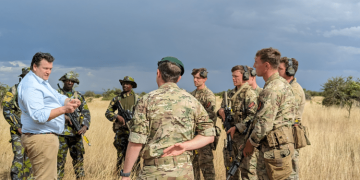



![Court Suspends Sections Of The Computer Misuse And Cybercrimes Act President Ruto Address During Mashujaa Day And How He Honored Raila [Full Text Speech]](https://thekenyatimescdn-ese7d3e7ghdnbfa9.z01.azurefd.net/prodimages/uploads/2025/10/ruto-mashujaa-address-360x180.jpg)


